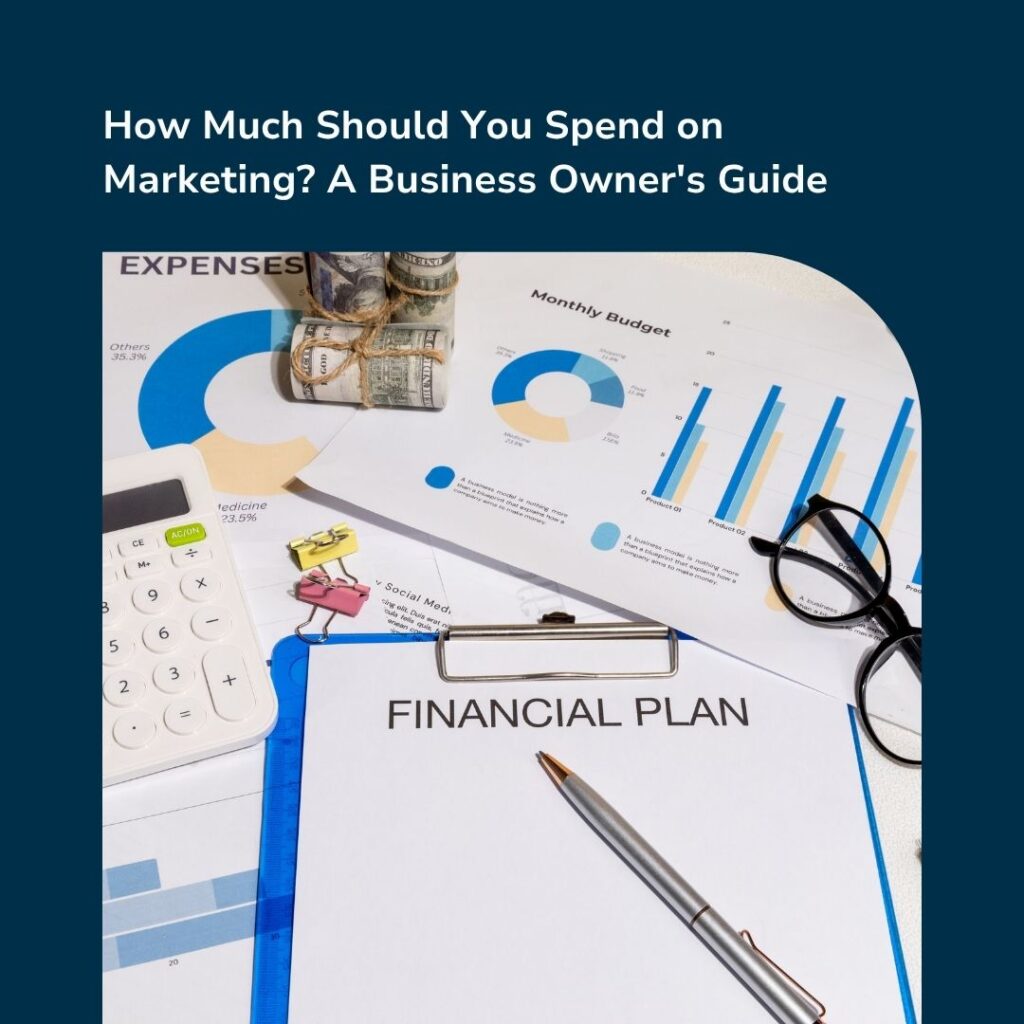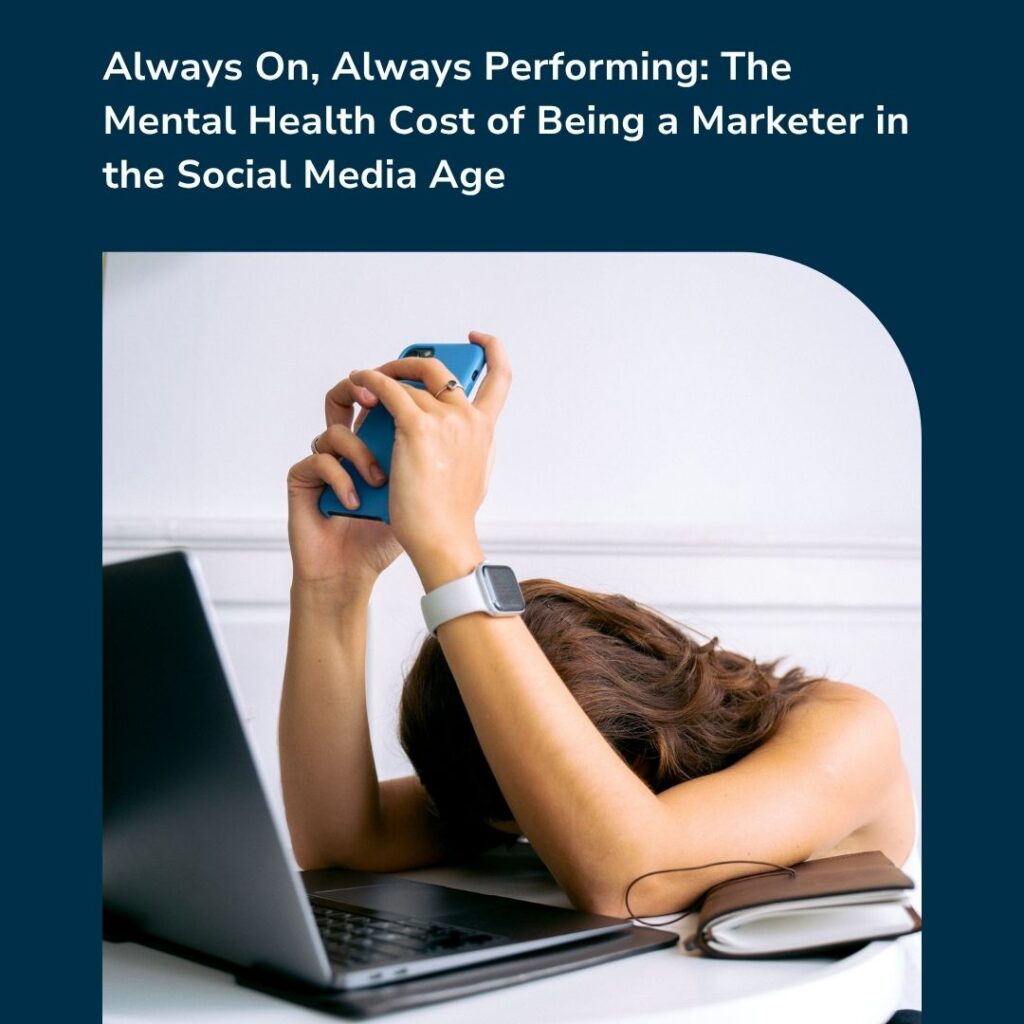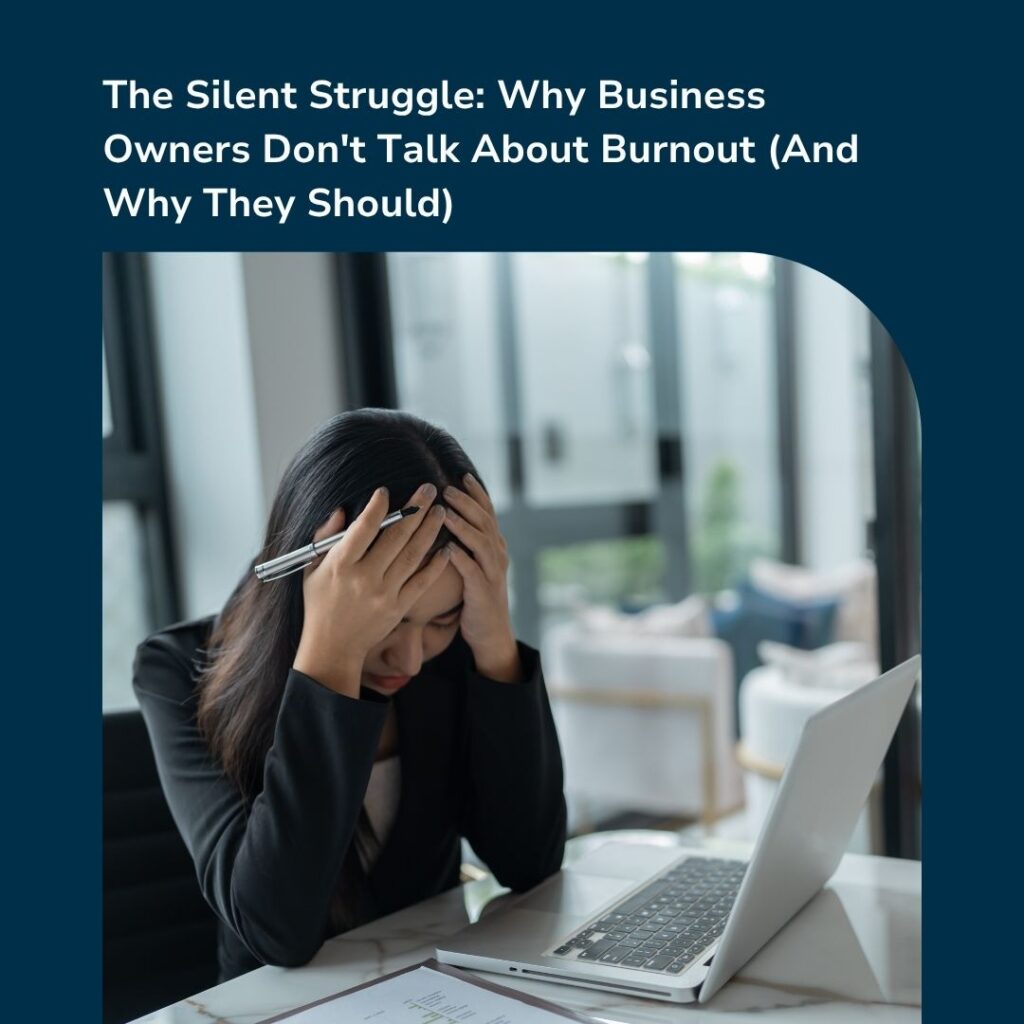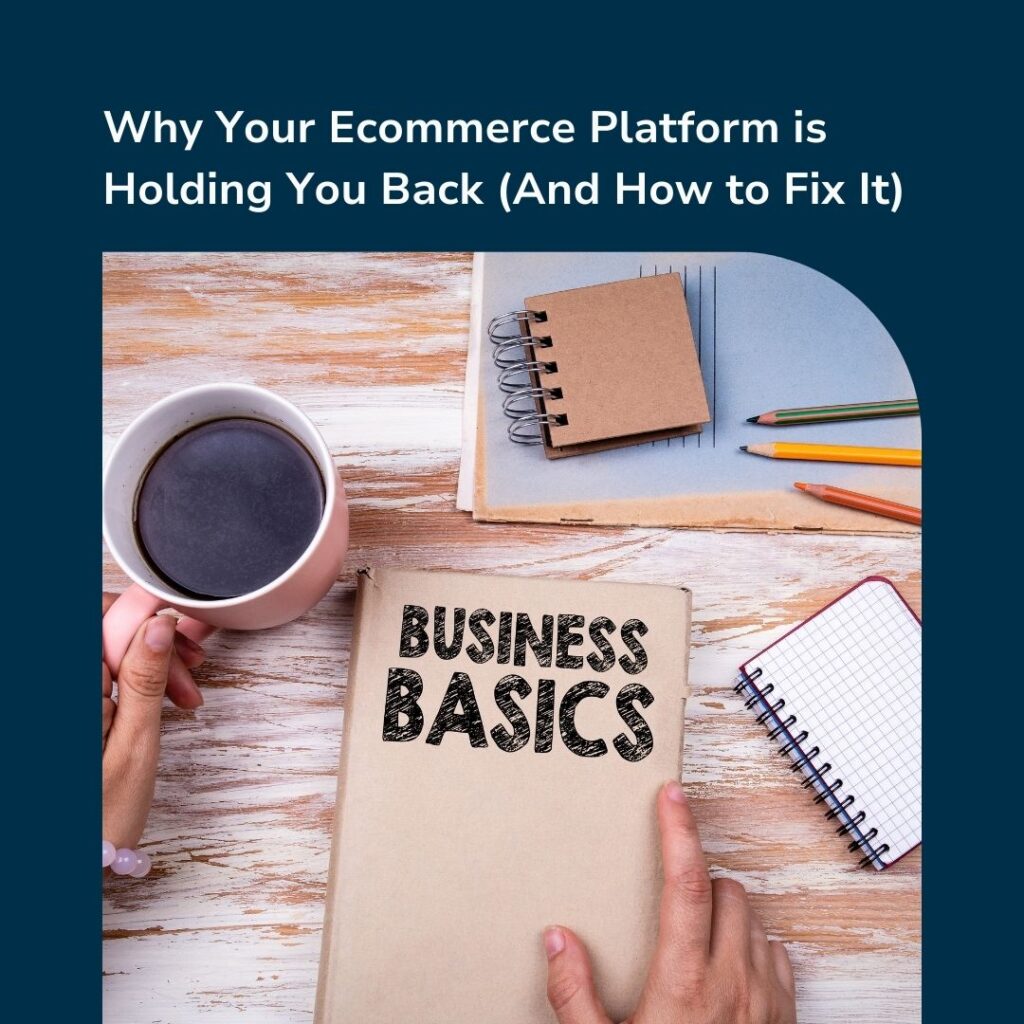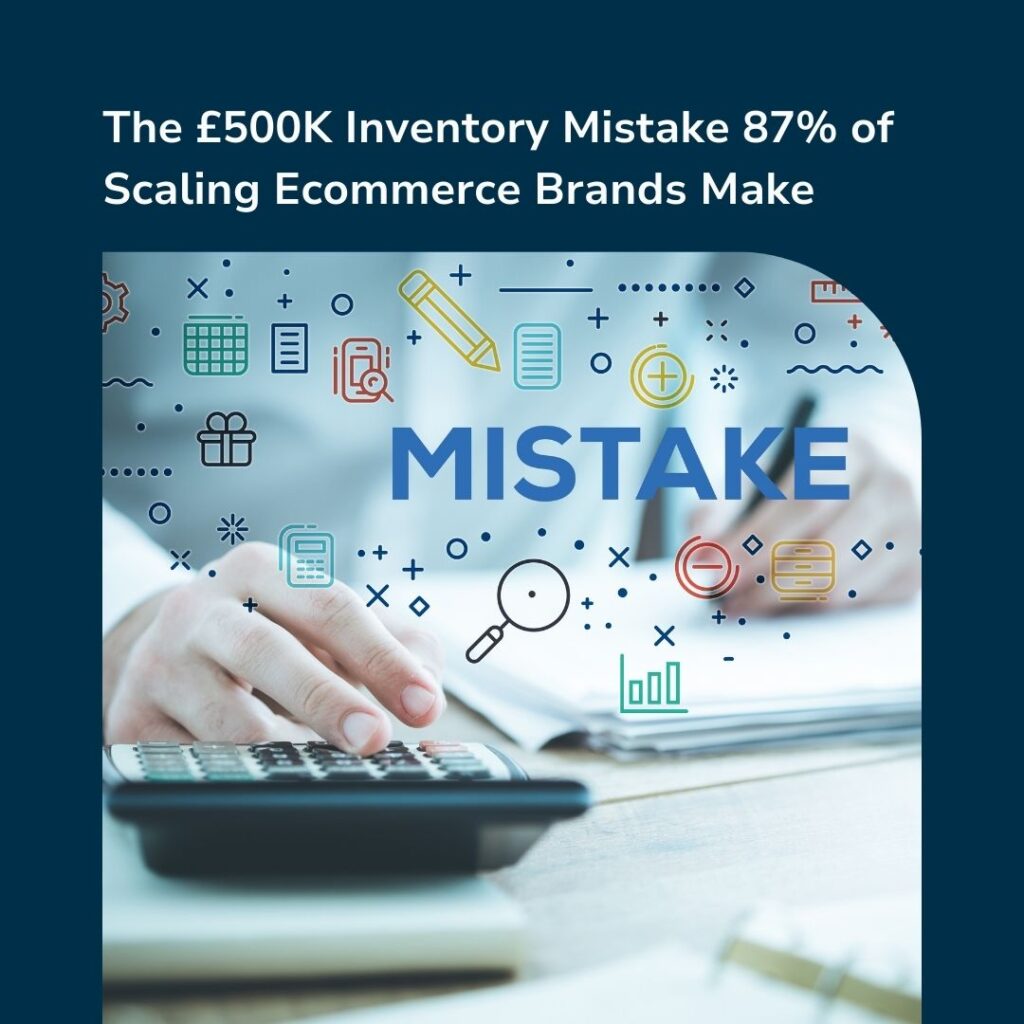These days, it’s hard to know whether you’re doing business with a trustworthy financial advisor. And with so many new financial products and investment opportunities flooding the market, it can be hard to know where to turn.
In light of this, it’s imperative to do your homework to ensure you’re seeking expertise from a qualified financial advisor, rather than buying into extended marketing. If you’re unsure where to begin, don’t worry. We’re revealing a few tips on how to achieve precisely that here in this article:
Check Their Background
When seeking investment advice, you’ll want to get a feel for the ‘expert’s’ background.
So, first things first, head to the FCA website. This is a great starting point. Here you can find information about the qualifications of your adviser; any complaints that have been lodged against and upheld against them; as well as their work history.
Alternatively, to assess the integrity of a potential broker, you can use FINRA International database, which is not just limited to the UK, but also extends to the US, Japan, France, Spain, Brasil, Mexico, and Canada.
Again, there’s a good chance it will appear here if the broker’s been involved in compliance issues, locally or internationally. The same goes for registered investment advisers; you can run a background check via the CFP database.
What’s Their Level of Expertise?
Before following any advice, check whether the expert in question boasts the necessary training, education, and experience to impart such advice.
For instance, have they been credited by a reputable financial organization for a substantial period of time? Such accreditations include FCA, CII, CISI, and CSP. All these organizations set the bar pretty high, so it’s no wonder they’re all well-regarded and require abundant education and testing to acquire membership.
To learn more about these kinds of financial organizations and accreditations (and compare them), head to the Financial Industry Regulatory Authority (FINRA) site. You’ll find plenty more info there, internationally. Also, if you run into any issues with your investments, you can head to the Financial Ombudsman Service.
Their State of Social Media
Unfortunately, there are plenty of people on social media and running their own blogs who are dishing out lousy investment advice. Many of whom are neither qualified nor regulated. In many instances, they’re giving instructions on what to invest in, and consequently, people are losing tons of money.
It’s unethical.
That’s why it’s imperative you make personal contact with an advisor, instead of following general advice. They should be able to weigh up the pros and cons with your investment goals in mind. So, by the end of the consultation, you should have all the info you need to make an informed, balanced investment decision.
After all, the majority of investments come with a degree of risk. Any advisor who tries to downplay those risks is doing you a disservice. In contrast, a dependable advisor will openly talk about risk – going as far as to show you what you stand to lose and gain in various scenarios.
In the meantime, check our services page for Digital Marketing Agency Leicester, and find out how we help portray your credibility through digital marketing
Produced in collaboration with: Brink Riley: Student Accommodation Leicester

